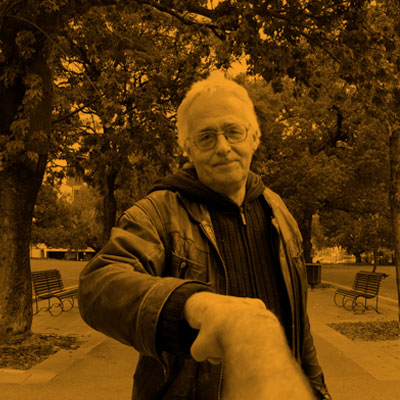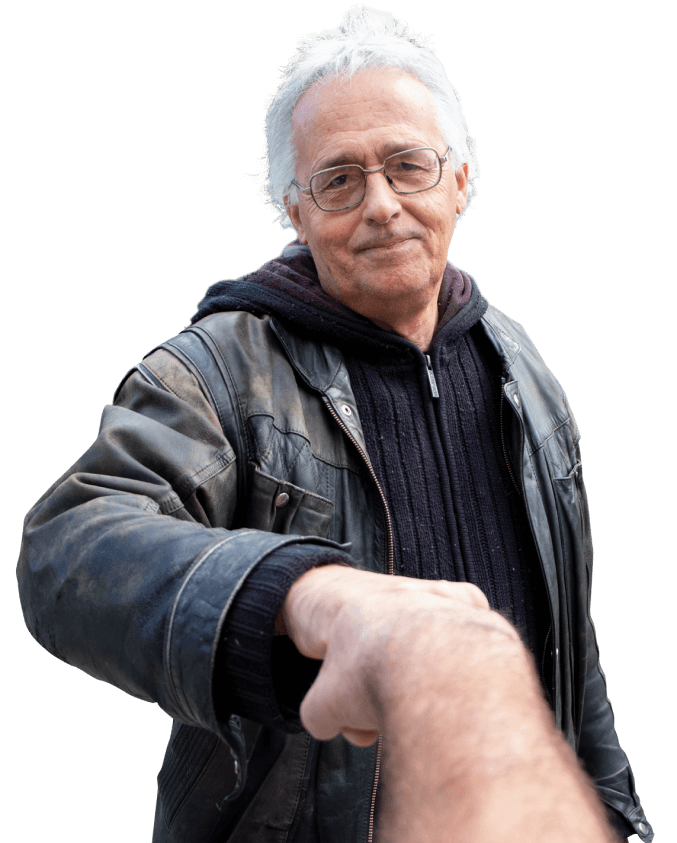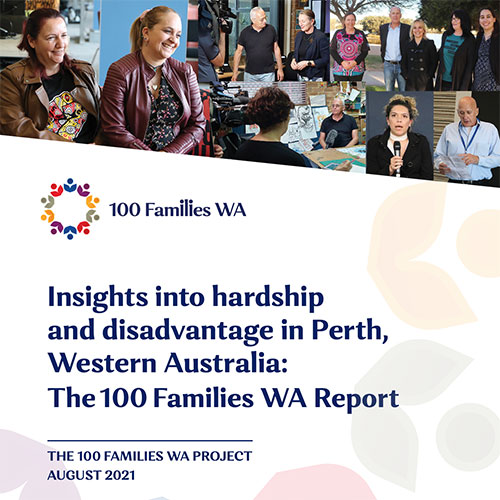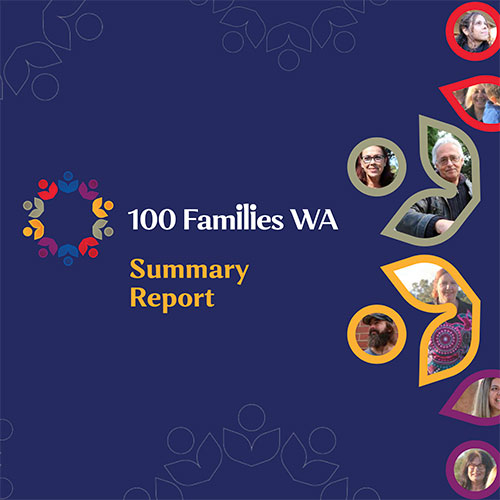Remember that $500 fine I got from the Police for trespassing, well now it’s coming back to bite me. To be honest, I’d forgotten about it. They couldn’t send me any paperwork as I have no address. They gave me a piece of paper on the night but I lost that days later. I don’t even have a phone or the internet to check online.
I don’t want to go to prison but I haven’t got any money so I sure can’t pay it off. I don’t really want to go to the Police station in case they arrest me.
I really need something to take my mind off of all this stress. I have met a few people on the streets with who I’ve become pals. I’ll see if they are around, maybe have a drink.






